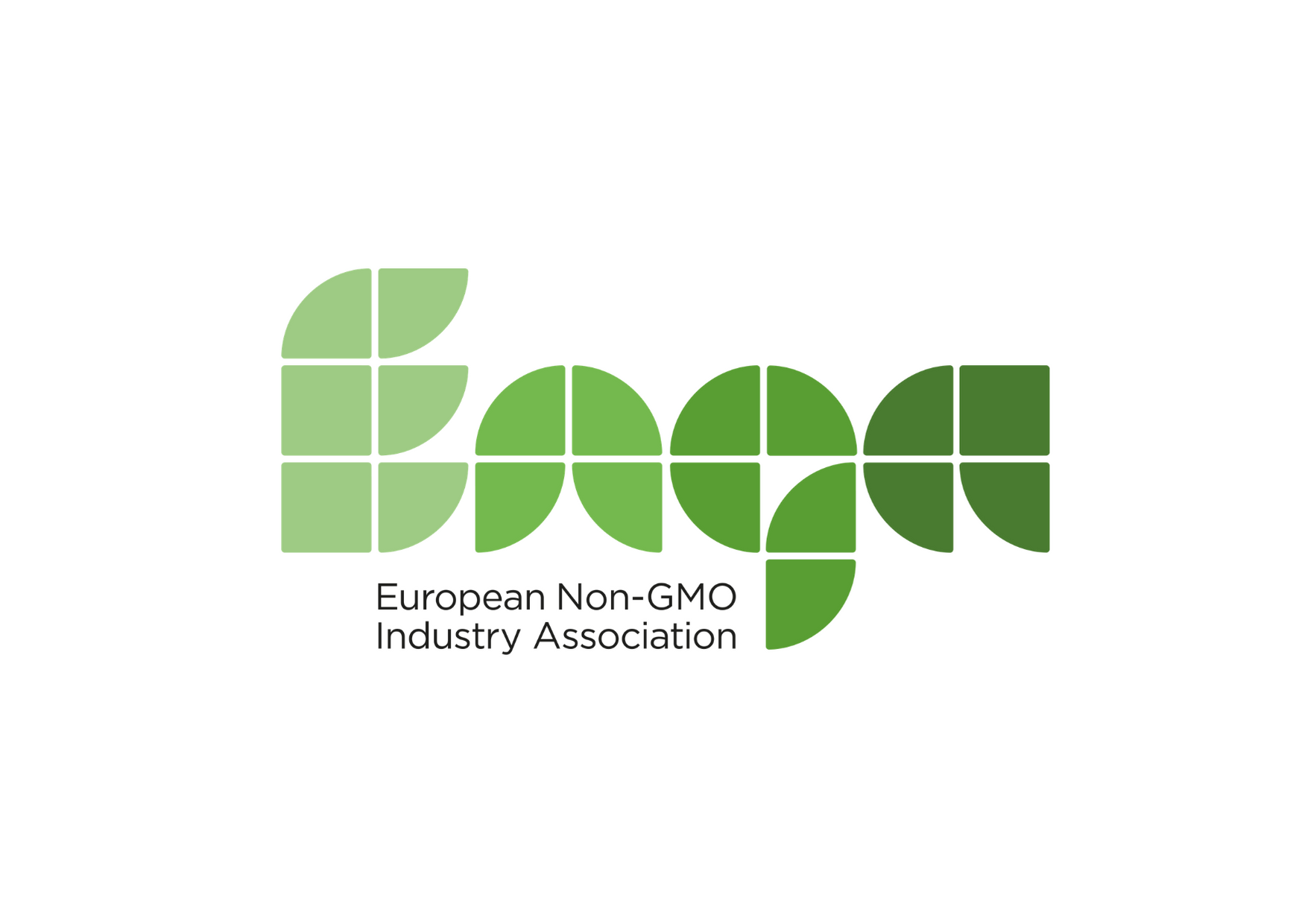European Non-GMO Industry Association (ENGA) Founded

ENGA is a new Brussels based, international industry association representing the interests of the European Non-GMO business sector.
Non-GMO Labelling in Europe
The Non-GMO food and feed sector in Europe has become an important market factor that is constantly gaining in demand. Currently in Austria, Czech Republic, France, Germany, Hungary, Italy, Poland, Slovenia, Switzerland and Bosnia-Herzegovina laws or industry agreements regulate Non-GMO labelling on a voluntary basis.
The range of products labelled Non-GMO is growing significantly in all segments, as is the total market volume of food and feed products without genetic engineering.
In 2020 German consumers spent 12 billion euros for of over 14,000 products labelled with the common state-owned Non-GMO seal (“Ohne GenTechnik”). The member companies of the Austrian association ARGE Gentechnik-frei (platform for Non-GMO production) achieve an estimated annual turnover of around 1.5 billion euros with more than 3,800 products. In Germany, 60-70 percent of milk, poultry meat and eggs are produced “Non-GMO”. In Austria, the entire milk and egg production (since 2010) and all poultry (since 2012) are “Non-GMO”.
What is the idea of ENGA?
ENGA is a Brussels based, international industry association representing the interests of the European Non-GMO sector, in particular in the fields of production, processing, marketing, retail, certification and labeling.
ENGA advocates for EU legislation and policies that secure the regulative framework and the economic basis of Non-GMO production in the long run, for a uniform European legal framework for Non-GMO production and for the establishment of “Non-GMO” as a widely acknowledged and highly credible quality standard on the European market.
ENGA empowers consumers in their freedom of choice for Non-GMO food products, by supporting and promoting a production that excludes GMO plants and GMO derivates throughout the full value chain.
Challenges for Further Growth and Successful Development of the Non-GMO Sector in Europe
- Differing Non-GMO labelling standards lead to market distortions. What Non-GMO means varies from country to country. Differing national laws and/or industry agreements lead to inconsistent production and monitoring specifications in different countries, which in turn result in increasing distortions within the EU single market. It is therefore crucial to develop and implement a common European approach to non-GMO labelling. Such a common approach will support food and feed producers, processors and marketers in an increasingly pan-European market. It will allow them to profit from equal requirements for production and certification for food and feed. In the end, it will also enhance consumer confidence, as consumers expect transparent, comparable and credible criteria for food and feed labelling.
- EU GMO legislation is under threat. In July 2018 the European Court of Justice (ECJ) classified new genetic engineering techniques such as CRISPR/Cas and the resulting products as GMOs. Since then the pressure of different lobby groups to soften or even abolish the EU GMO legislation has increased enormously. Voices have been raised to even fully deregulate all or some new GMOs. Deregulation would mean the abolishment of risk assessment and labelling that came into force for GM food and feed in 2004. Food and feed produced with new genetic engineering techniques would come onto the market untested and invisible to manufacturers, marketers and consumers.
A Non-GMO sector that cannot reliably exclude new GMOs would quickly become vulnerable and obsolete.
Securing the Long Term Business Success – This is what ENGA Offers its Members:
- a representation of the Non-GMO sector’s interests at EU level, where GMO policy is essentially made – in particular vis-à-vis EU institutions, EU Member States and the public;
- a platform for cooperation and exchange for all economic operators active on the European market for Non-GMO products or supplying Non-GMO products to European partners in food or feed production;
- continuous lobbying for legislation and policy that will secure Non-GMO production and its economic success in the long term;
- initiating and steering a process for a harmonization of standards across Europe, requirements and monitoring/certification of Non-GMO production, with the aim of a uniform European legal framework;
- regular information on all relevant legal, market-related and political developments in the area of Non-GMO production in the European countries and at EU level;
- support for EU member states, European countries, economic platforms, institutions and companies in the European Economic Area who wish to establish and/or participate in a credible Non-GMO labelling regime,
- the opportunity to actively shape the work and direction of the association. The members elect the bodies of the association and have the right to vote at the general assemblies.
Current ENGA board members ARGE Gentechnik-frei (Austrian platform for GMO-free food production), Donau Soja and VLOG (German Association for Food without Genetic Engineering) invite companies and associations of the Non-GMO sector to join. Contact ENGA for membership application under info@enga.org and subscribe for the ENGA newsletter at newsletter@enga.org.